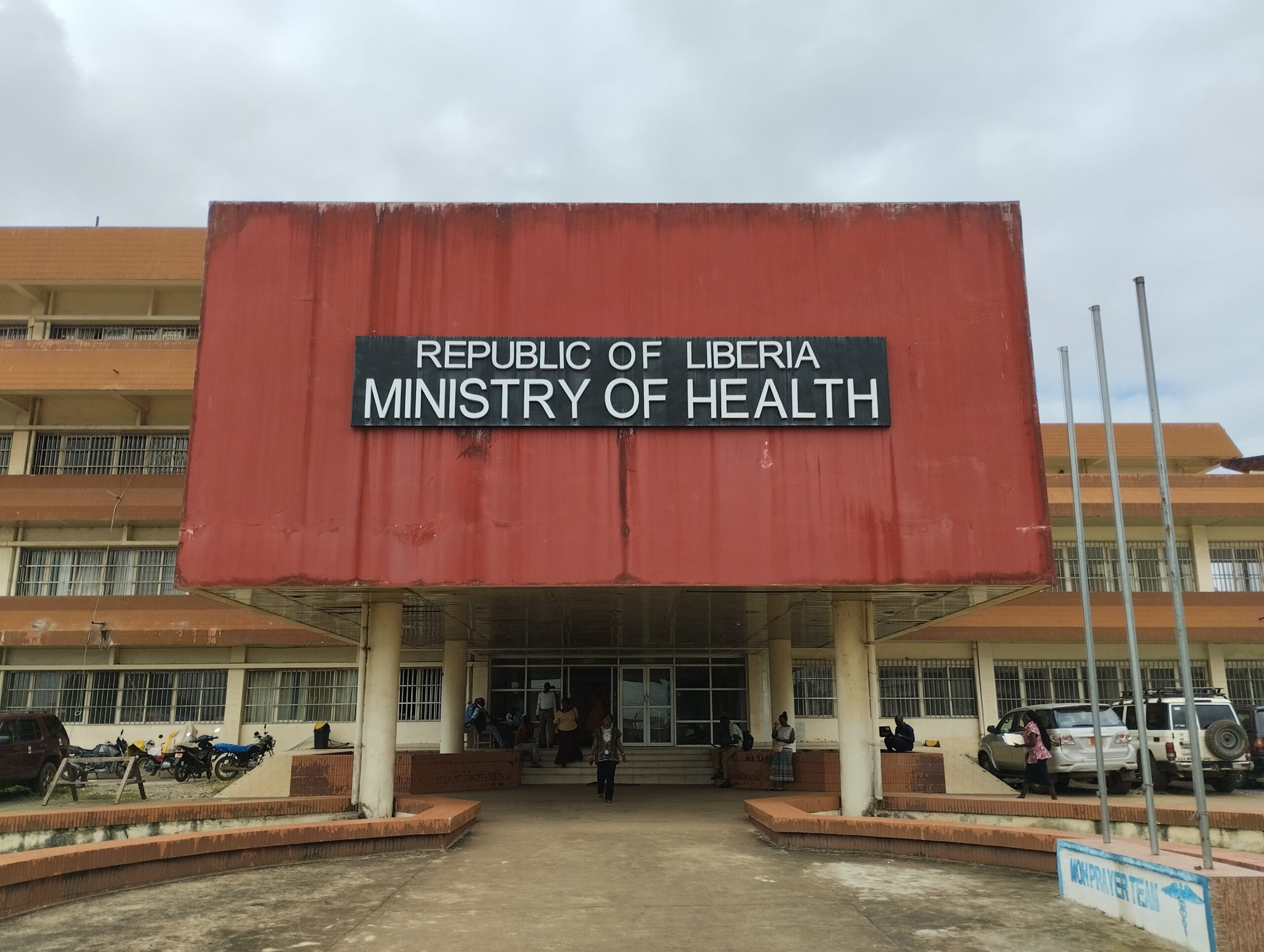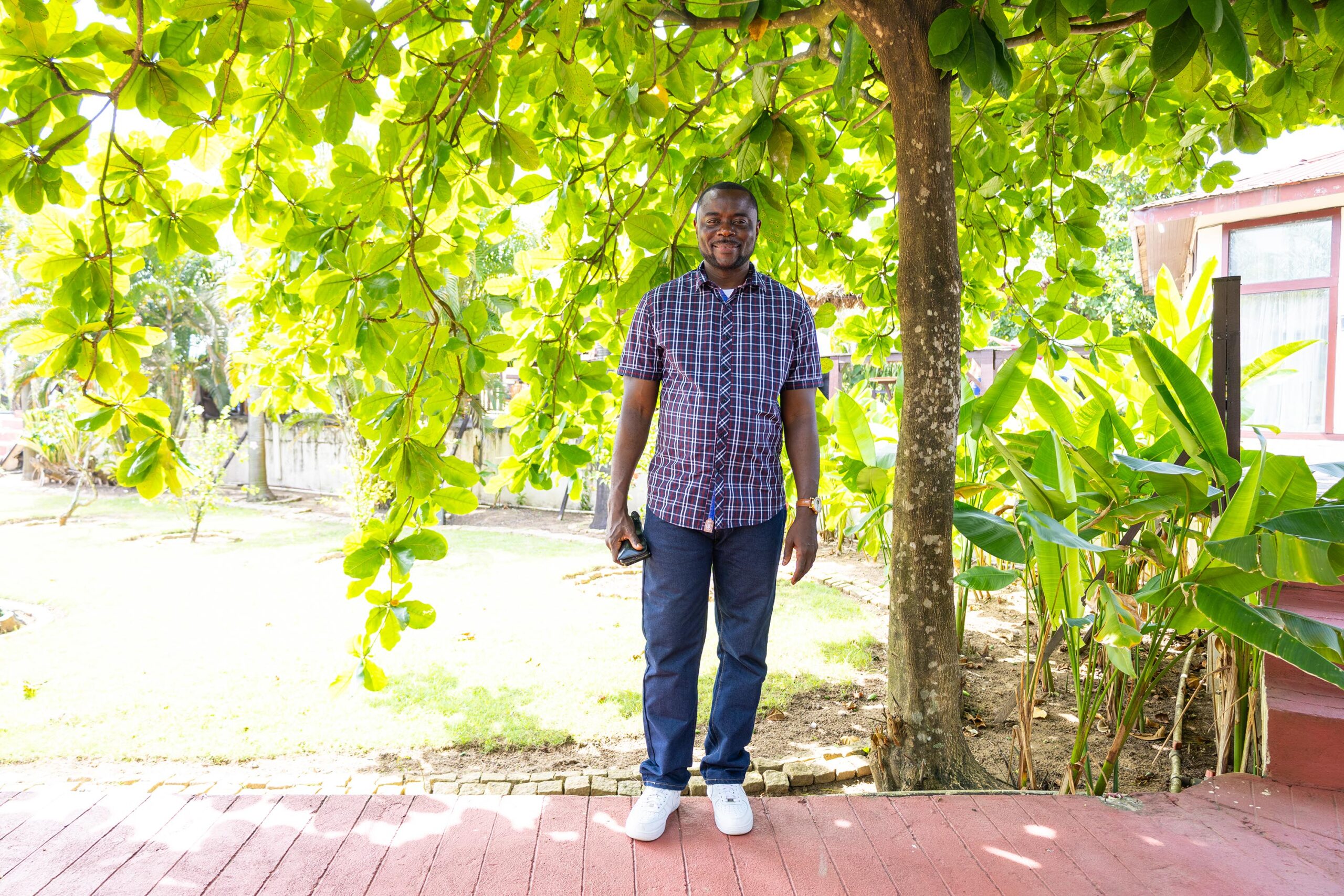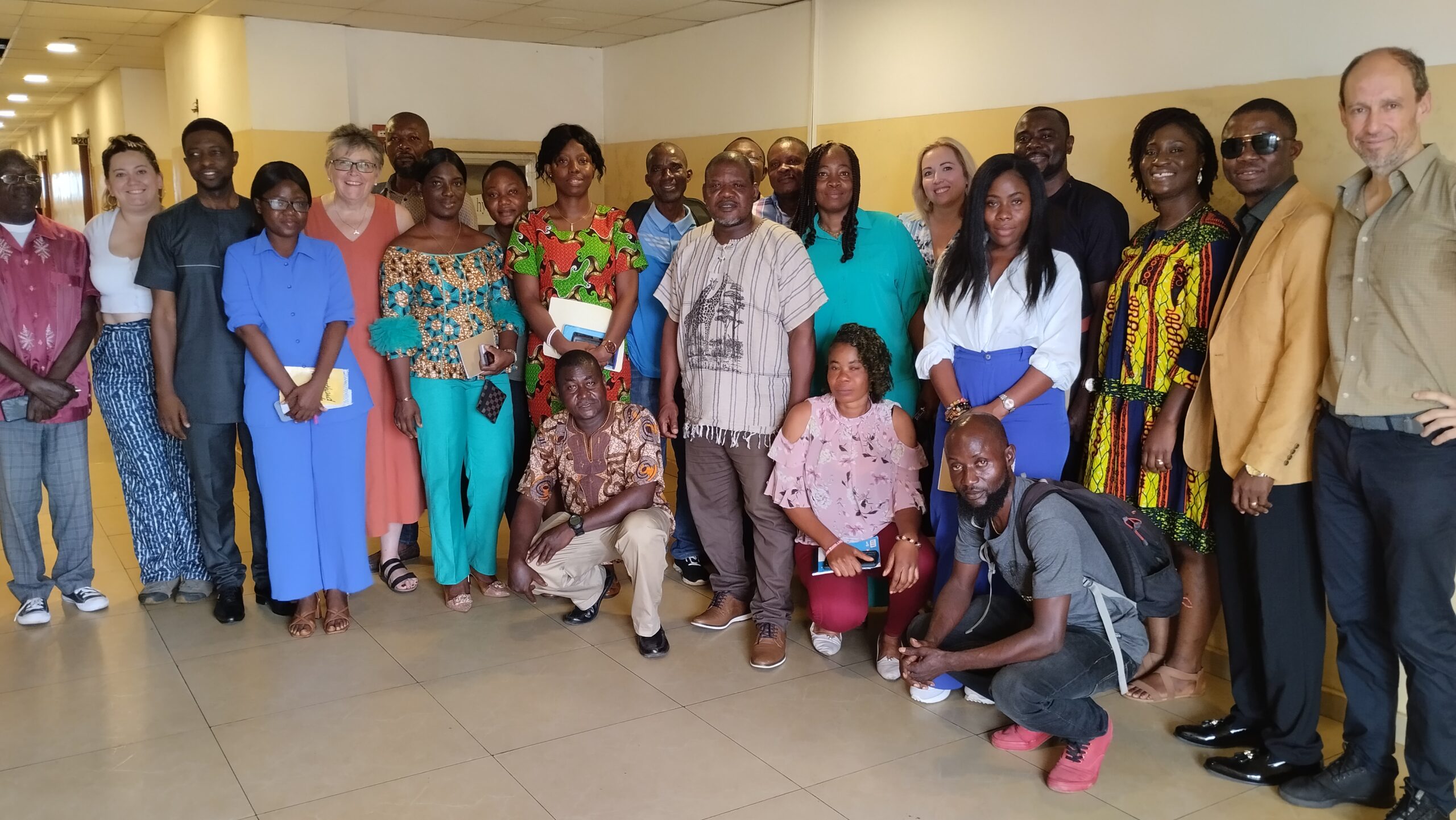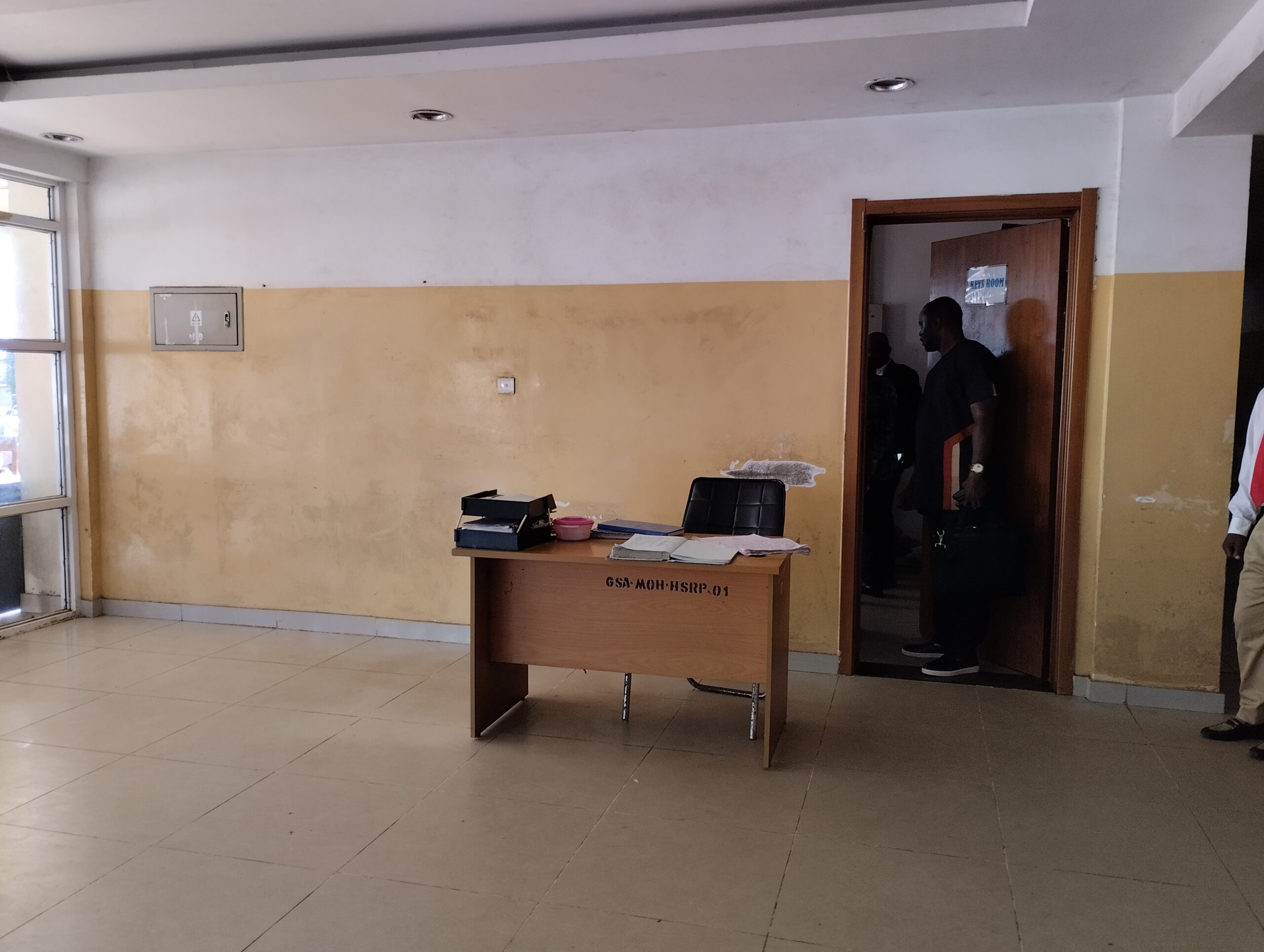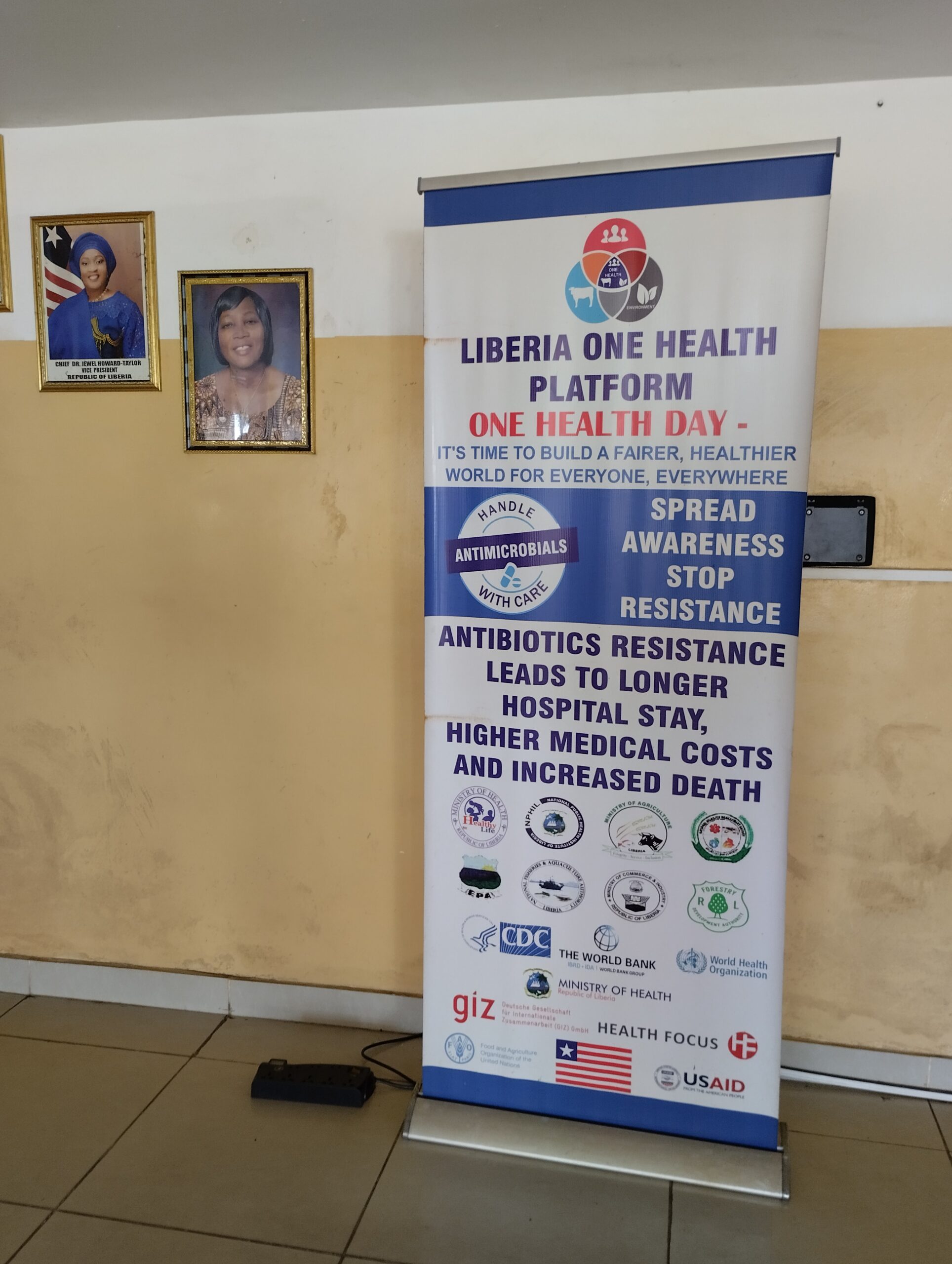Emerson Rogers: Case Management Coordinator of Liberia’s Ministry of Health National Program on NTDs
“I’m very confident that thanks to this support we’re going to have a very positive impact on our population, because in my case, everything I do is for my people. I’m passionate about serving my country.”
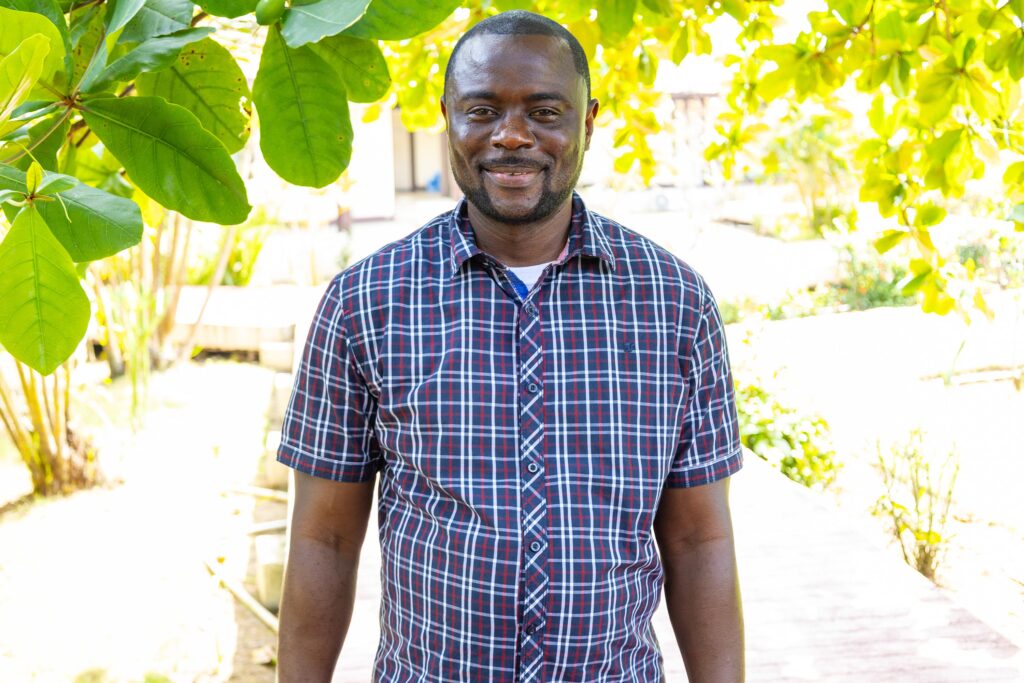
Introduction:
Emerson Rogers works for Liberia’s Ministry of Health. He is the national coordinator for Neglected Tropical Disease (NTD) case management, which involves many diverse roles and responsibilities.


Anesvad Foundation:
What does being the national coordinator for NTDs in Liberia involve?
Emerson Rogers:
Among other things, it involves implementing actions, helping to draft proposals and organising training for health workers.
I’m also responsible for ensuring that health facilities have a sufficient stock of medicines and medical supplies. And I’m also the Ministry of Health’s representative in international NTD programmes.
Anesvad Foundation:
Liberia’s population is over four and a half million. How do you organise NTD-related actions for so many people?
Emerson Rogers:
I’ve divided the country into four health regions. Each region then has a regional supervisor, who I personally coordinate. Each supervisor is in charge of two or three of the country’s fifteen counties and their role is to report directly to the NTD focal point in each county.
Anesvad Foundation:
It’s clear that the National Plan encompasses different spheres, are there any points that strike you as particularly relevant?
Emerson Rogers:
One of the key aspects is to make sure that health facility staff are trained in all aspects of clinical diagnosis, as well as knowing how to collect samples. This is especially true for Buruli ulcer samples to ensure that they can be tested at this flagship laboratory.
Anesvad Foundation:
Which other areas do you believe need to be strengthened?
Emerson Rogers:
Training, for sure.
In Liberia there are large gaps when it comes to training. In some counties we’ve not been able to roll out the integrated case management training tool due to budget constraints. It was a huge relief when I heard that the Anesvad Foundation was coming on board because now we’ll be able to design the budget so that we can implement actions in at least two of the four underserved counties.
Anesvad Foundation:
What does the support of organisations like the Anesvad Foundation mean for you?
Emerson Rogers:
Having the Anesvad Foundation on board is a great help when it comes to addressing some of the gaps in the national programme that have to do with laboratory issues, and to making sure that the programme works properly.
Particularly in terms of stocks of medical supplies it’ll allow the lab technicians to continue testing for Buruli ulcer. And on top of that, it ensures that on a national level we’ll have the right medicines and the right clothing.
Anesvad Foundation:
This is the first time the foundation has worked in Liberia; how does the Ministry of Health view this collaboration?
Emerson Rogers:
The Anesvad Foundation has come with open arms, genuinely wanting to help the country and the programme by enhancing our people’s skills, our resources, and even capacity building at county level.
This last point is particularly important because until now we haven’t been able to provide these incentives to all NTD focal points and this has been quite discouraging for some counties. When you’re able to do things you’re motivated, but if you can’t, it’s really frustrating.
Anesvad Foundation:
What would you highlight about the Anesvad Foundation’s involvement so far?
Emerson Rogers:
The Anesvad Foundation has so much dynamism, so much energy, that it really gets us moving to do things better than before. Larraitz, who’s the person in charge, is just very open and approachable at any time, and always asks for feedback…. It’s not just another partner organisation; we’ve never had an ally like it and it’s truly what we needed.
I’m very confident that we’re going to have a very positive impact on our population, because in my case, everything I do is for my people. I’m passionate about serving my country.


